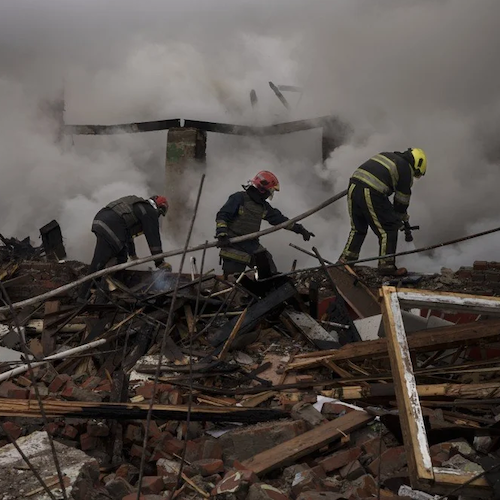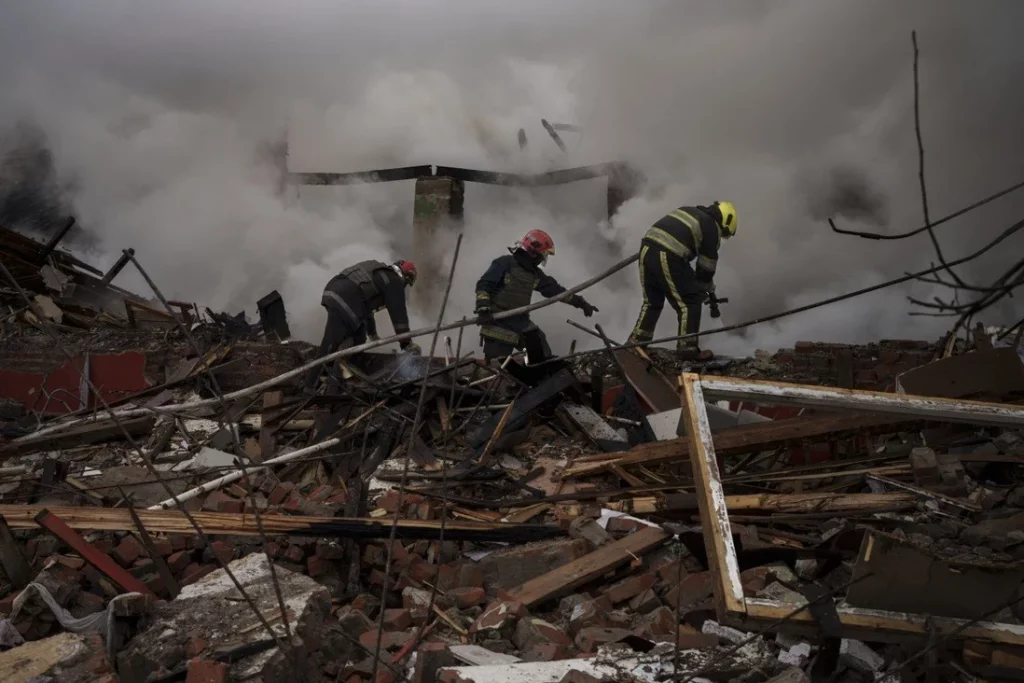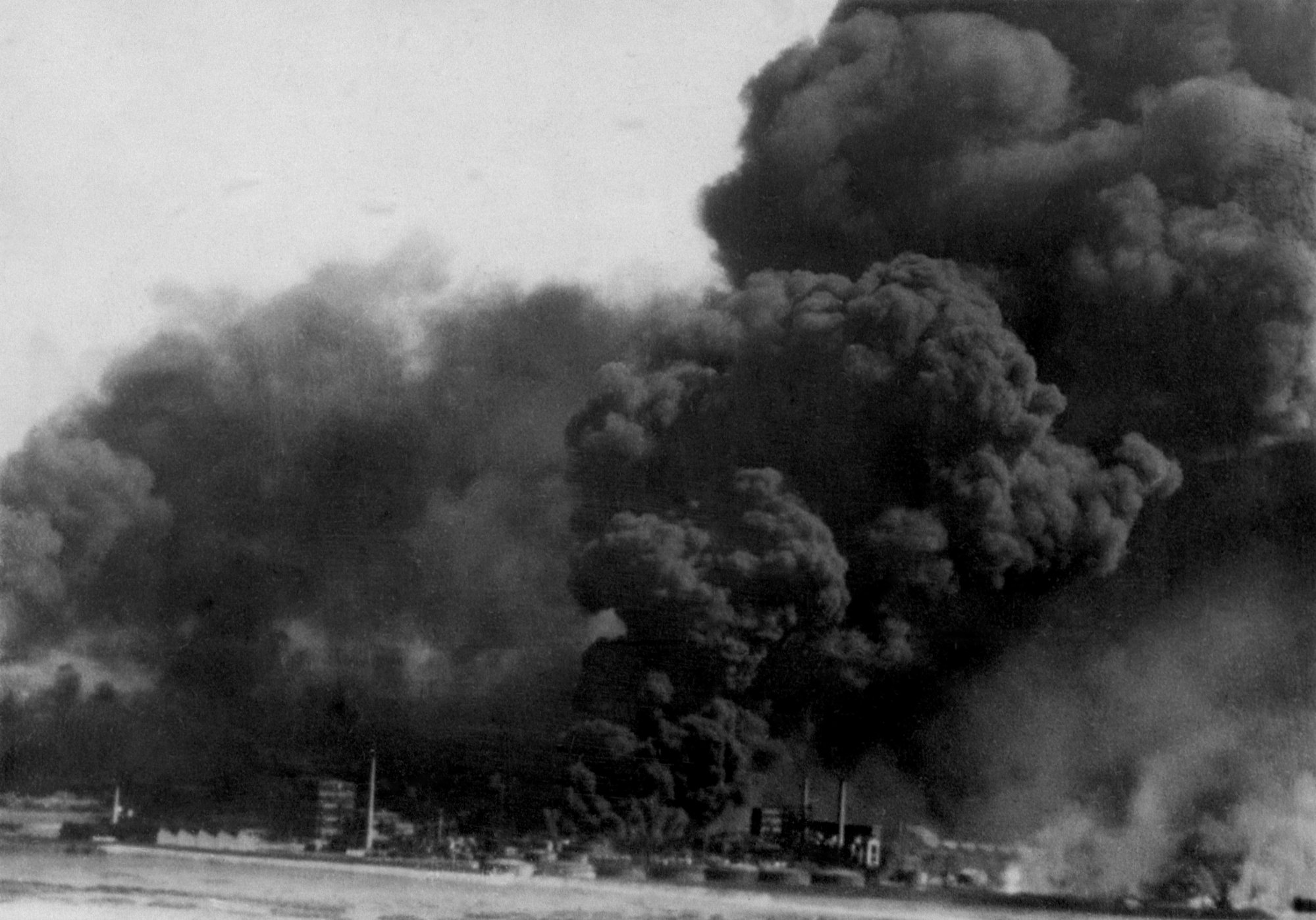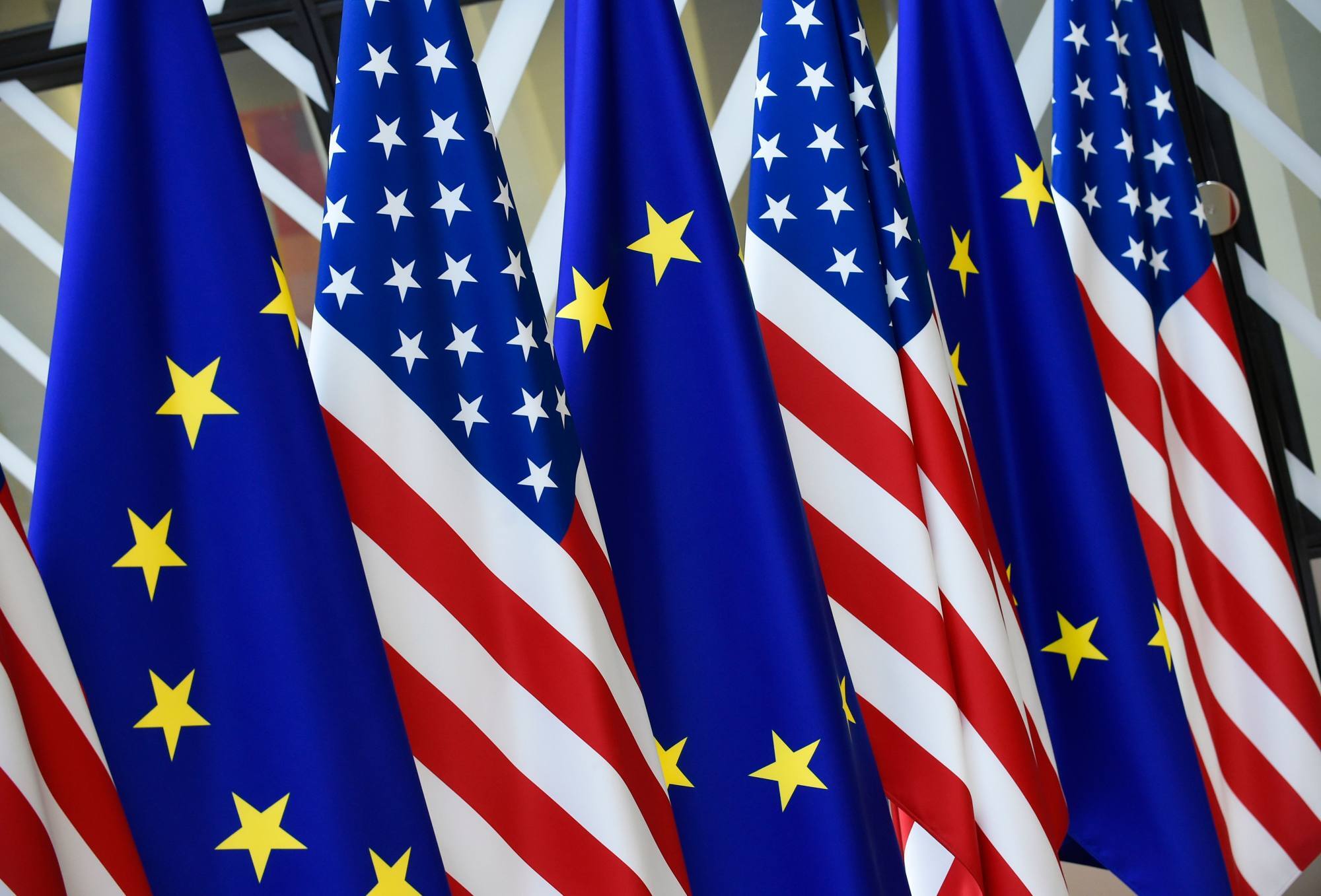If Europe, with its history of triggering global wars, is to move towards peace once more then it must first face up to these leadership failings and chart a new course based on something more than narrow alliances rooted in a shared European heritage and race.
Wars must be avoided at all cost and it takes true leadership to maintain peace, not ideological posturing and pandering to special relationships. Countries always act in their self-interest – the protection of national security, for example – but in this instance the leaders of Europe failed to protect their citizens by imposing a national security threat upon Russia.
This is not a defence of Vladimir Putin. Instigating war and its horrors is unforgivable, and he must be held responsible for his actions. But we should not be blindsided: it is a geopolitical reality that any country would feel its national security was at risk when faced with a military coalition, which it cannot join, expanding towards its borders. This type of provocation is intolerable and Western leaders should not have expected it to be endured.
Yet many in the West still arrogantly believe all other nations must mirror their ideologies and are deserving of antagonism if they do not. This stance is naively insufficient for a multipolar, globalised world that is sadly also overmilitarised – something Europe should have already recognised.
If China, India or Venezuela began a process similar to Nato’s expansion with their neighbouring countries, it would cause geopolitical uproar – the mere presence of Chinese ships at the edges of the South China Sea triggers anti-China sentiment from the West.
War is avoided through diplomacy, communication, and an acute understanding of the fears and concerns of others. Leaders in Asia understand this, for the most part, given the wars the region has endured – many of which have their roots in the colonial era – and as such, they invariably push for peace and not military escalation. Witness Southeast Asia, which since the end of the Vietnam war – fought to liberate the country from centuries of foreign domination – has not seen a major conflict. Despite the presence of foreign military powers like the US, the region has maintained a non-aligned foreign policy and tried not to take sides.




























